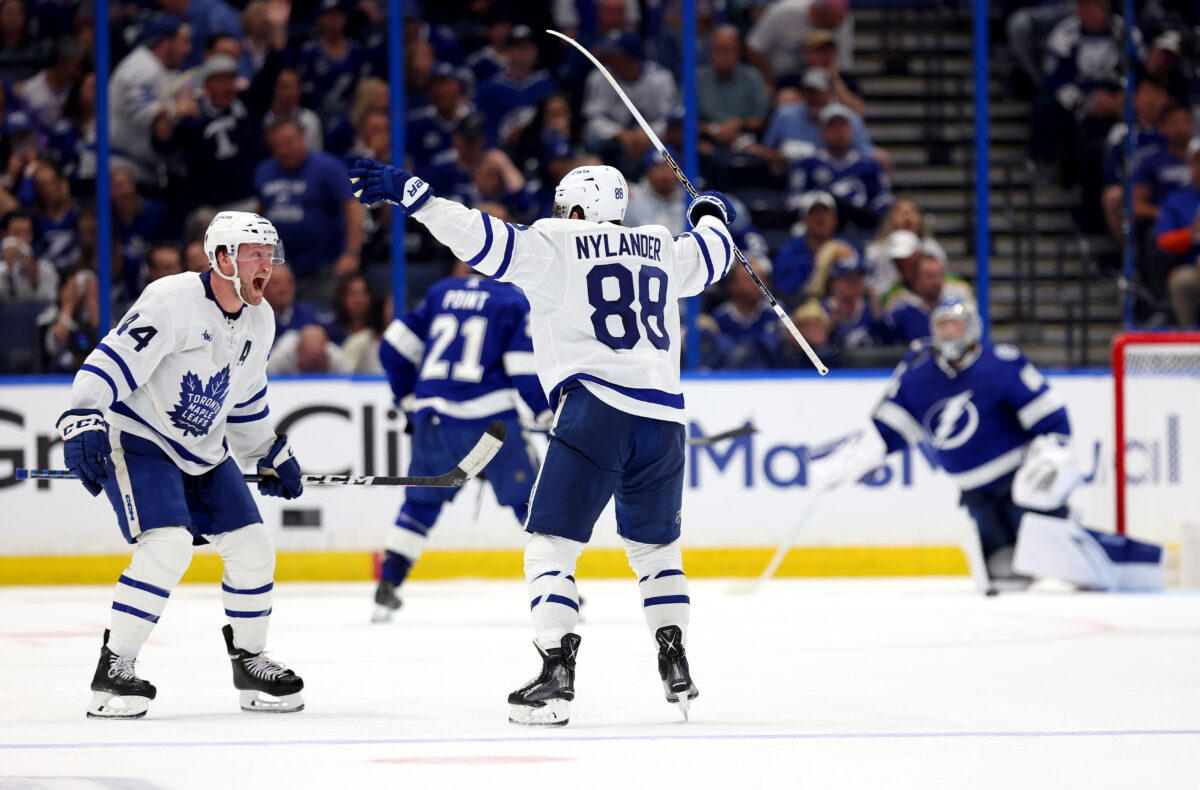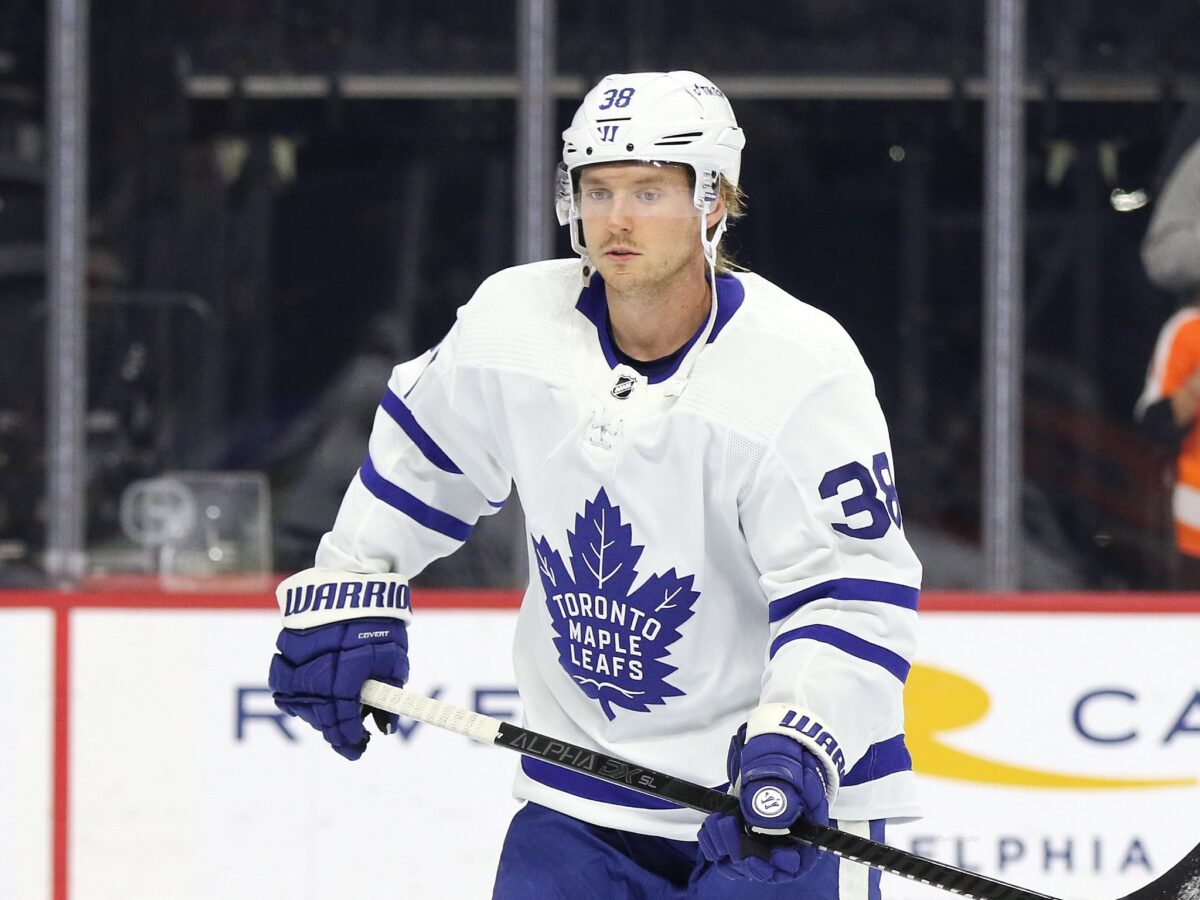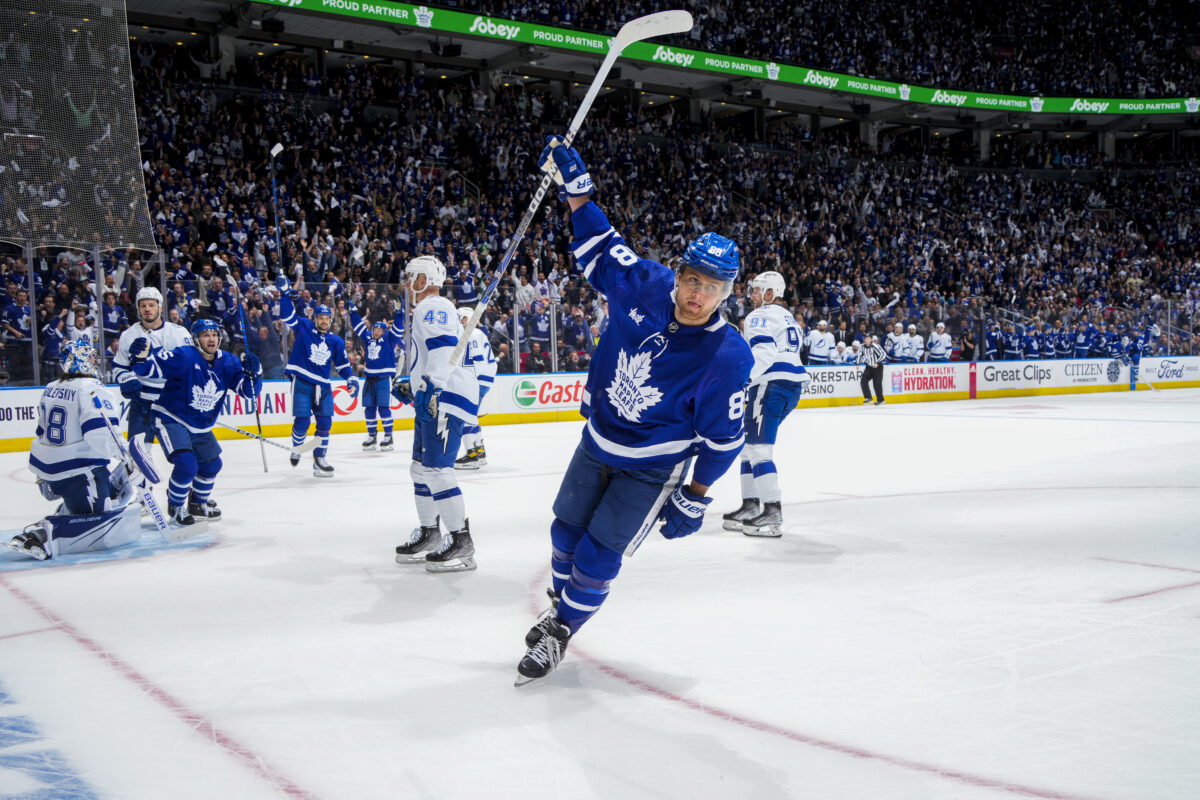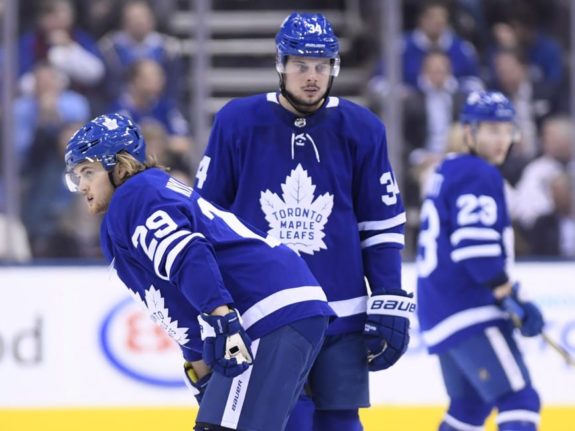The truth is, when I consider the Toronto Maple Leafs’ desire to quickly re-sign William Nylander, I am coming to better understand what seems like Nylander’s cavalier attitude about the process. Everyone around him seems to want (and almost expect) him to bend to the team’s needs and wishes. However, he seems content enough to just let things be and allow his agent to take care of business.
He just leans back and expresses the attitude, “why should I worry? There’s lots of time.”
In Assessing Human Thinking, It’s Easy to Get It Wrong
Considering what seems like Nylander’s reluctance to re-sign with the team is complex. Trying to understand the whole of the context and what’s going on in everyone’s minds is problematic. If one is honest in trying to “get” what’s happening, the best one can do is listen to what people say and then think vicariously. For example, what would be on my mind if I were in this situation? Or do I know others who have been “here?” If so, what were they thinking?

So, in this post, I admit, I’m speculating about what might be happening. I also admit I might be completely incorrect in my thinking. The truth is that I’m trying to understand human considerations, but understanding humans can be a futile exercise.
The Expectations Placed Upon Players Seems Unbalanced
However, this is not the first situation I’ve seen in the six seasons that I’ve covered the Maple Leafs. There have been other players the team has wanted and hoped to re-sign. What I have seen from watching similar situations unfold is there seems to be more pressure on individual players – stars or not – to consider their team’s needs first and their own needs second.
At the same time, it doesn’t work both ways. Teams seem to act differently.
Related: Maple Leafs William Nylander, Skilled But Polarizing
Fans seem to expect that players love their teams as much as they – the fans – do. As a result, the “right” behaviour from the team’s perspective is to consider the team’s needs first and the individual player’s needs second.
Yet, players can be moved away from long-established homes where their families have become networked with friends and loved ones within their adopted community. And it can happen in the blink of an eye.
When Nylander says he feels that Toronto is home and he doesn’t want to leave the team, I’m absolutely buying what he’s selling. On the face of it, it makes perfect sense. This has been his home for eight seasons with the Maple Leafs and another season with the Marlies.
In NHL Hockey, Loyalty Doesn’t Work Both Ways
But, in the world of professional sports, loyalty can be fickle. Last week, fans got an insight into how things work in professional sports and how it impacts players. That was the interview with former Maple Leafs’ defenseman Rasmus Sandin when he spoke about his surprise trade from the Maple Leafs. In that interview, fans learned more about Sandin and his relationship with Nylander.
Related: Habs Have the Best Fan Culture in the League
Among other things, the interview shed light on the complex dynamics between players on the same team who have created deep friendships. As well, but not said, the interview might have shed some insight on a backstory for Nylander’s contract extension. It made me consider the different expectations about how a player’s potential loyalty to his team – or, perhaps, the lack of it – might play out over the negotiations of this contract extension for Nylander.
What Might Sandin’s and Nylander’s Friendship Suggest?
Does the friendship between Sandin and Nylander tell us anything about what might seem like Nylander’s lack of concern when he signs with the team?
It’s no secret now that Sandin and Nylander were best friends off the ice. Their camaraderie was evident to anyone paying attention, and their connection transcended the game they both wanted to play well. However, with Sandin’s abrupt departure, questions arise about how Nylander might view the “professional” (and tenuous) nature of his future with the Maple Leafs.

In this recent interview, Sandin shared a poignant moment from his Maple Leafs journey. He recalled being encouraged by one of his friends and teammates, “Don’t cry in public; there are cameras.”
For me, that was an interesting glimpse into the emotional side of professional athletes. These guys care. They want to stay with their team and with the friends and teammates they’ve gone to “battle” with. They are, using an old war metaphor, “A Band of Brothers.”
Related: What Patrick Marleau Taught Mitch Marner & Auston Matthews
The feelings and considerations within this story remind us that players are not just cogs in a hockey machine. Instead, they are individuals with feelings, relationships, and attachments.
What Might Nylander Think in Light of His Personal Experiences?
Now, Maple Leafs general manager (GM) Brad Treliving is encouraging Nylander to sign with the team (and do it quickly, please). One can’t help but wonder if Nylander is feeling a pang of “why should I?”
One can argue that Nylander can negotiate a no-move clause, but if he did so, that would only protect him. It would not protect or keep his friends around. In that light, how can we expect a player to “take one for the team” and rush into a contract extension when the team itself seems to be more than willing to disrupt cherished friendships for its own needs?

It isn’t right or wrong in professional sports, it just is.
Nylander, like any player, has dreams, ambitions, and a desire for success. He wants his team to win. He also wants to excel personally as a part of a team that values his contributions. In light of Sandin’s departure, is Nylander learning to become more “professional” in his relationship with the team? Is he acting out this professionalism?
Not that he’s reevaluating his loyalty to the organization. He might just be moving it lower on his list of priorities. Might he be questioning why he should hurry to sign with a team that wouldn’t keep two friends together?
Could We Understand Nylander’s Perspective Better in This Light?
The Nylander and Sandin story could be a reminder that players are more than just assets to be shuffled around at the whim of management. They are humans with emotions, and (as professionals) they have limited control over their fate within a team. If that is the case, why should Nylander pretend to be overly enthusiastic about signing with the Maple Leafs (or with any professional team for that matter) when he experiences the fragility of personal connections in the face of team decisions about its own needs?
There’s No Finger Pointing Here
The point here is not to vilify the Maple Leafs or any other team but to better understand a player’s perspective. Loyalty in other aspects of life is a two-way street. Yet, when professional sports teams make decisions that disrupt personal bonds, it wouldn’t be surprising if players grew more circumspect in the backwash.
Related: Every NHL Team’s Top Prospect – 2023-24 Preseason Update
When I look at Nylander in light of the recent interview with Sandin and its implications, it makes sense that we might be wrong in believing that Nylander does not care very much. Instead, it might be more correct to believe the problem is that Nylander hasn’t yet learned what it means to be a “professional” NHL player. The real issue is that he cares too much and not too little.
I often hear fans suggest that a player needs to be more professional or that being moved is part of the “business” of being a professional player. That might be absolutely correct. If it is, what we’re seeing is Nylander’s transition into becoming a professional hockey player.

(THE CANADIAN PRESS/Nathan Denette)
Part of becoming a professional is learning not to care so much about the things one cannot control. Nylander has learned that he can’t control the team’s movement of his teammates. If that’s the case, why knuckle under to this same team’s demands?
Where Does This Leave Fans?
Where does this leave us as fans? I’m not suggesting we empathize with the players or turn on our teams. But I am offering a possible lens to view player behaviours more logically. In this context, team expectations are only one side of the story.
The dynamics of professional sports are far more intricate than what happens on the ice, and the human aspect is part of the story as well. By the way, I hope Willie scores 50 goals.
